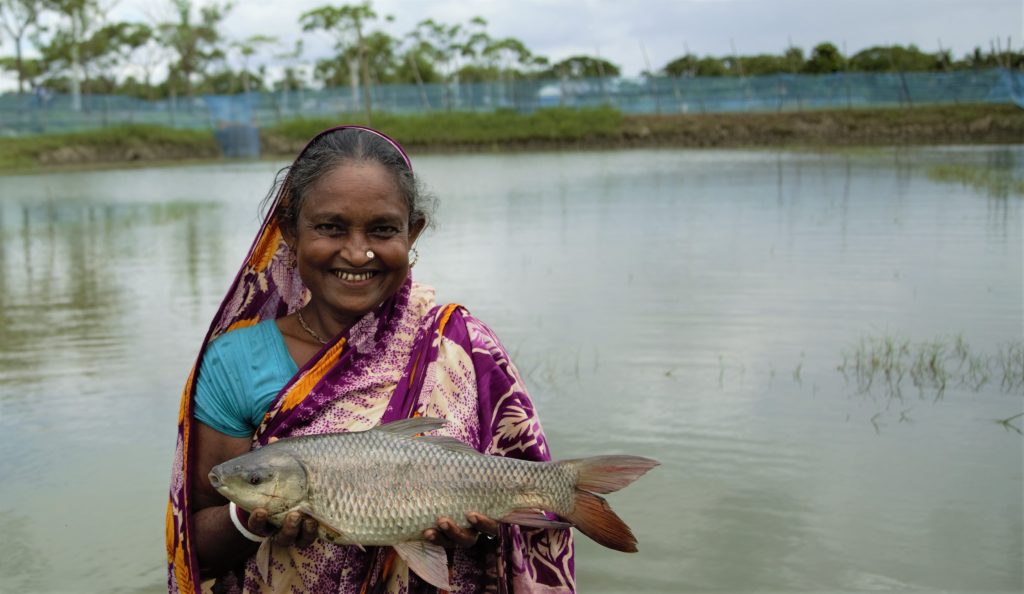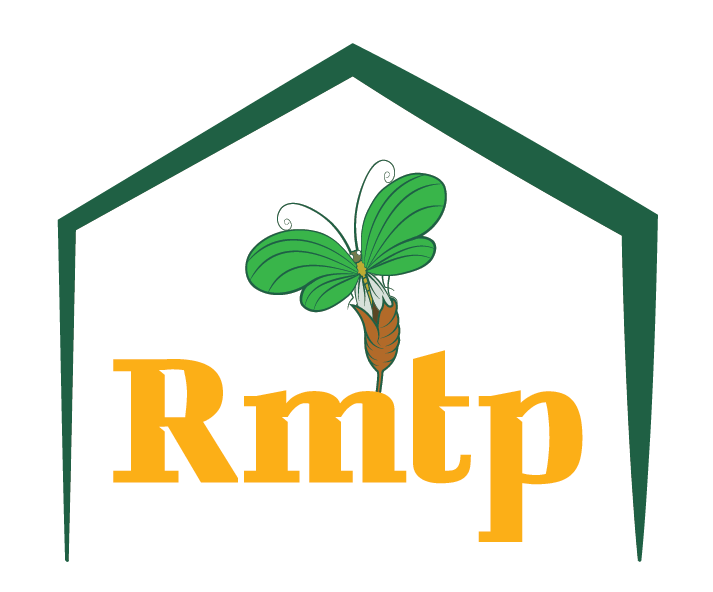This component is providing sustainable financial services to micro-entrepreneurs and growing/larger enterprises and agribusinesses allowing sustainable growth of their practices. The project also leverages commercial finance through non-bank financial institutions (NBFIs) for investment in growing/larger enterprises and agribusinesses to expand the market for the output of micro-enterprises.
It has three sub-components: (i) provision of financial services to micro-enterprises through partner organisations (microfinance institutions); (ii) provision of commercial finance to larger micro-enterprises as well as small/medium agribusiness companies, through non-banking financial institutions (NBFIs); and (iii) optimal utilisation of remittances through training to the family members of overseas workers.

The project has provided substantial resources to PKSF to expand its microenterprise lending programmes through POs. Since lending resources is being revolve at PO level, it is envisaged that these new borrowers can receive several cycles of loans.
Microenterprise borrowers within the value chain sub projects is being receive loans in line with the existing practices of the respective POs. Leasing (hire-purchase) is being encourage for investments in power tillers, tractors, mechanical/motorized rice planters, solar-powered drip/micro irrigation systems, automatic poultry slaughter houses, and other relevant activities. The objective of this sub-component is to develop a new channel of financing for larger microenterprises and small/medium agribusiness companies (the ‘missing middle’) which are currently neither clients of microfinance institutions nor commercial banks.
The project is providing resources through PKSF for the selected large MFIs in this regards. This would substantially expand the market for the output produced by small farmers and micro-enterprises, which are the primary target groups of the project, and improve their integration within the selected value chains. Larger agribusinesses is being encourage to also enter into contract farming arrangements with producers’ groups and micro-enterprises, obtaining large MFI financing where required, with project support in the form of technical assistance, technology transfer, and organisation of producers.
A small in-loan grant has been provided by the Ministry of Expatriates’ Welfare and Overseas Employment (MoEWOE), which is mandated to handle non-resident Bangladeshi (NRB) affairs, for the promotion of diaspora investment and optimal utilisation of remittances under the project. The objective is to develop the skills of households receiving remittances so that they can invest a portion of the remittances received into micro-enterprises, and sustainably improve their economic status. The MoEWOE would identify remittance-receiving households in the project areas, and link them to project component.


